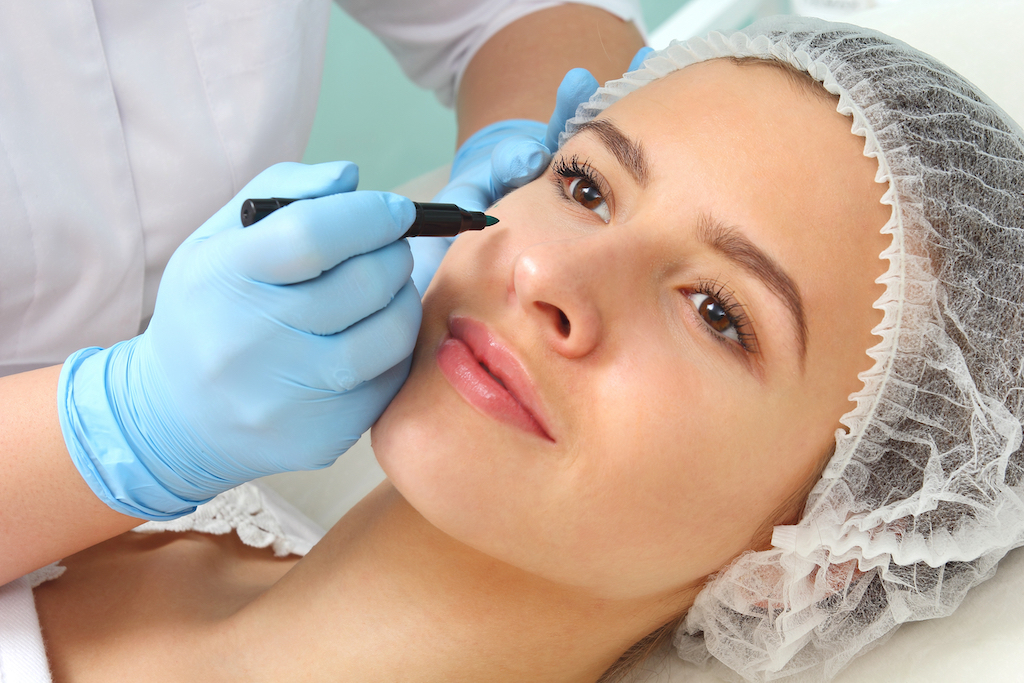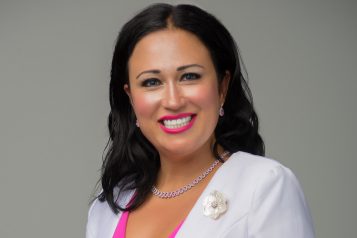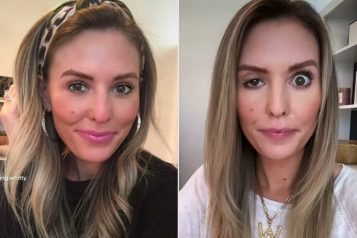Dr. Ralph R. Garramone is recognized as Southwest Florida’s leading Board-certified plastic surgeon, having been voted Best Plastic Surgeon & Best Breast Cosmetic Surgeon 6 years in a row and Castle Connolly America’s Top Doctors 11 years in a row. Dr. Garramone takes exceptional pride and care in understanding and serving all of his patients’ needs and desires. He and his team are best known for providing surgical and non-surgical results that are both natural and glamorous for your face, breast, and body.
Haute Beauty expert Dr. Ralph Garramone goes over important information you should consider when looking to get plastic surgery under the age of 18.
 Photo Credit: ShutterstockMost young patients under the age of 18, who plan on having cosmetic surgery should adequately prepare prior to the date of surgery. First, check the credentials of the provider or surgeon and the accreditation status of the facility. Any cosmetic surgical procedure at any age is such a personal decision.
Photo Credit: ShutterstockMost young patients under the age of 18, who plan on having cosmetic surgery should adequately prepare prior to the date of surgery. First, check the credentials of the provider or surgeon and the accreditation status of the facility. Any cosmetic surgical procedure at any age is such a personal decision.
Anyone under 18 should fully understand: why they want to have the surgery, what outcome they expect, and the pre and post-care instructions and process.
State laws permit any licensed physician to call themselves a “plastic” or “cosmetic” surgeon, even if not trained as a surgeon.
My most significant advice is to do your homework. Look for certification by the American Board of Plastic Surgery (ABPS). If the surgeon operates in an ambulatory or office-based facility, the facility should be accredited. For example, we are an AAAASF – American Association for Accreditation of Ambulatory Surgery Facilities – surgical facility. This means we meet the rigid safety requirements of this organization.
The question of cosmetic or aesthetic surgery in a patient under 18 can be a touchy subject. There are no specific laws in the United States that prevent teenagers from having cosmetic surgery, however, parental consent is required for patients under 18.
• Reconstructive plastic surgery typically repairs a physical defect or traumatic issue that affects a child’s ability to function normally (e.g., a cleft palate).
• Cosmetic plastic surgery aims to improve someone’s physical appearance and ultimately enhance their self-image and confidence. Therefore, the responsibility falls to parents to help their children make the right decision. Cosmetic surgery can be appropriate in selected teenagers.
• Breast augmentation (breast implants) – The Food and Drug Administration (FDA) considers breast implants for patients less than 18 years of age to be an off-label use.
• Rhinoplasty (nose reshaping) – This is the most requested aesthetic surgical procedure among teens. It can be performed when the nose has completed 90% of its growth, which can occur as early as 13 or 14 in girls and 15 or 16 in boys.
• Breast reduction – Frequently, this surgery is performed on girls with overly large breasts that may cause back and shoulder pain, as well as restrict physical activity. Breast reduction usually is delayed until the breasts have reached full development. In some boys, excessive breast development (gynecomastia) can become a significant problem. In those cases, the excess tissue can be removed.
• Otoplasty (ear pinning) – This surgery is recommended for children as they near total ear development at age five or six.
Non-surgical cosmetic procedures
The ASPS reported nearly 190,000 non-surgical cosmetic procedures, including botulinum (Botox®) injections, skin resurfacing, and laser treatments of hair, skin, and veins performed last year in the United States for those under the age of 18. Any surgical or non-surgical cosmetic procedure should be performed by a knowledgeable and qualified professional.
For more information, visit Dr. Garramone’s Instagram or Facebook!
For more information, visit Dr. Brian A. Levine's social media:

























